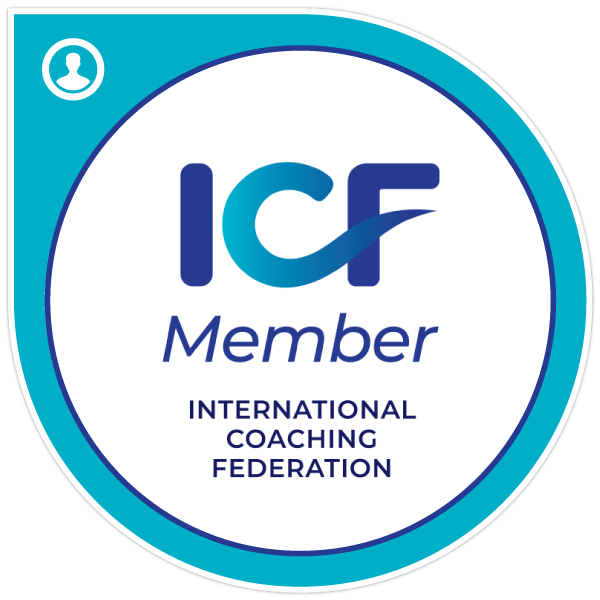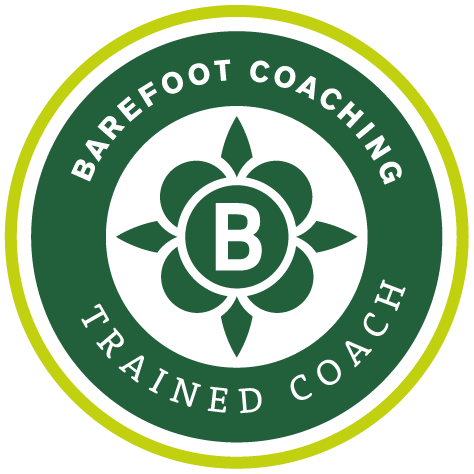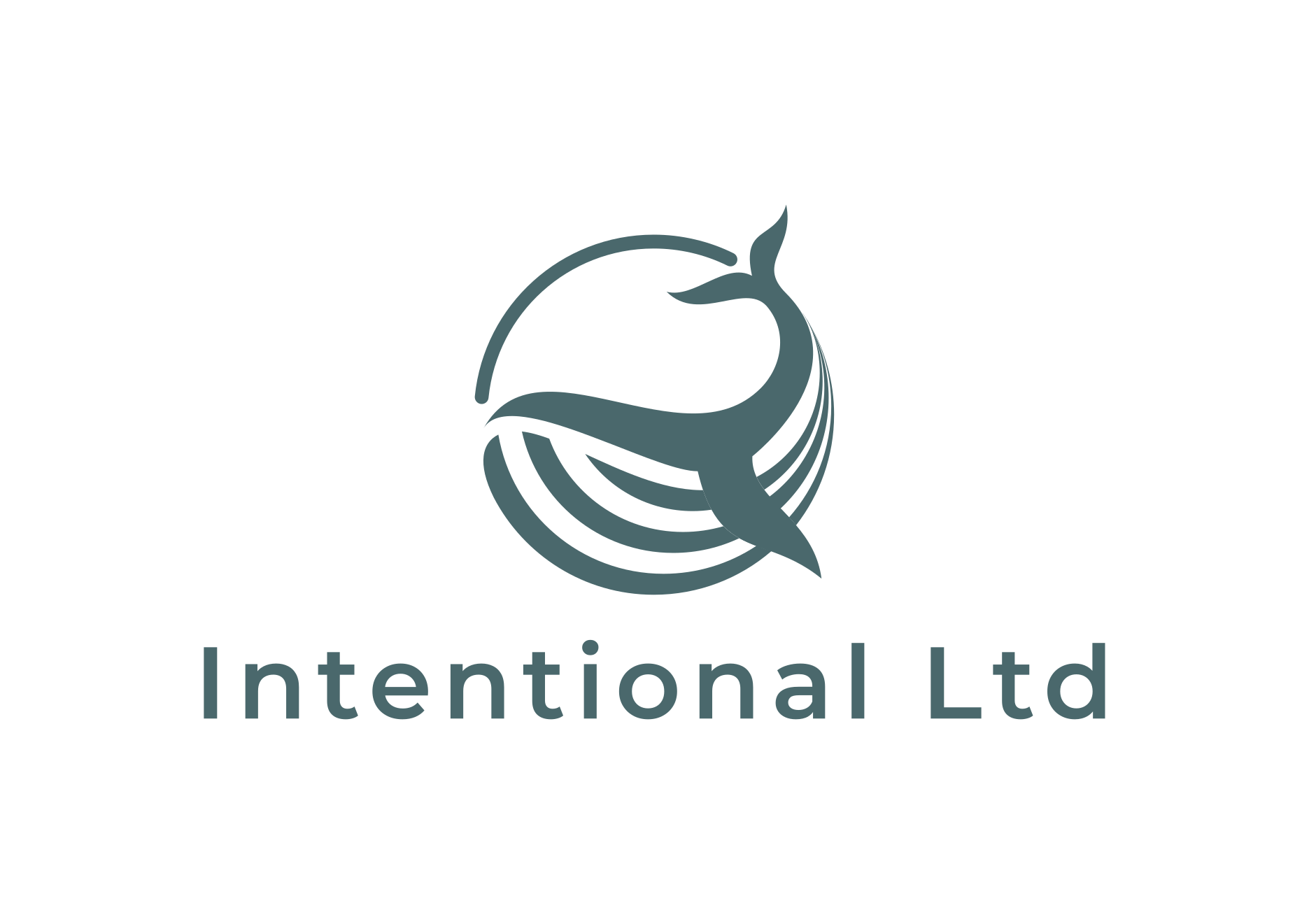Autism & Career Posts

Finding the right coach
Introduction:
When it comes to growing personally and professionally, having a coach can make a huge difference. But with so many options, it can be difficult to know who to choose. In this blog post, I'll break down the things you should think about when picking a coach. This way, you can start your coaching journey feeling confident in your choice.
1. Qualifications matter
Coaching is an unregulated industry, meaning that anyone can call themselves a coach. This makes it absolutely essential to check your potential coach's credentials. One way to do this is to see if they're a member of a professional body like the International Coaching Federation (ICF) and the European Mentoring and Coaching Council (EMCC). These groups make sure that the coach has completed rigorous training, follows important rules, keeps your information private, and continues learning to become an even better coach.
2. How does it feel when you interact?
Feeling safe with your coach is important as it'll enable you to open up about the reason you've come to coaching. This starts with the first meeting, often called a chemistry call, where you'll talk about what you want to achieve. Pay attention to how comfortable and understood you feel during this chat.
Here are a few things to look out for:
A coach who listens: they should really listen to what you say and not make assumptions.
Feeling safe: you should feel like you can talk openly without being judged.
Sharing values: if your coach's values should be similar to yours, so might work more effectively together.
Feel free to ask as many questions as you want during this conversation as it's your opportunity to find out more about how the coach works. Here are some questions you might like to ask:
What can I expect when I turn up to a coaching session?
Is there anything you want me to know about the way you work?
What happens if I need to cancel or rearrange?
3. Logistics
Do you want to be coached in person? Try walking coaching (this is my FAVOURITE!)? Or would you prefer to be in the safety of your own environment and have virtual coaching? Keep this in mind when you're looking for a coach.
4. Extra considerations if you're neurodivergent
If you're autistic, finding a coach who understands is fundamental. Here are a few reasons autistic people can benefit from having an autistic coach:
Autistic people can communicate more effectively with other autistic people, so the sessions are likely to go more smoothly. (Source: https://www.autism.org.uk/advice-and-guidance/professional-practice/double-empathy)
They're likely to have better adjustments in place to make coaching accessible for you.
They have a lived experience and understanding of autism that make it easier to relate to you.
You're more likely to be able to unmask during a conversation with another neurodivergent person, saving precious cognitive energy for thinking about the situation you've brought to your session.
5. Money, money, money
Money matters. Some coaches say how much they cost on their website, while others want you to ask.
I believe in being clear about costs from the start, so you don't waste energy wondering. If my fees don't fit your budget, let's talk. I want to find a way that works for you.
If you have a medical diagnosis, you may be eligible for Access to Work funding which can cover the whole cost of your coaching. We can talk about how this works in your chemistry call.
Conclusion
Picking the right coach is a big step towards achieving what you set out to do. By following the steps above, you can make the right choice for you - and that might mean it's not me! Remember, there's a coach out there who's perfect for you, ready to help you reach your goals.
If you want to book a chemistry call with me, click here.
www.intentionalcoach.co.uk


